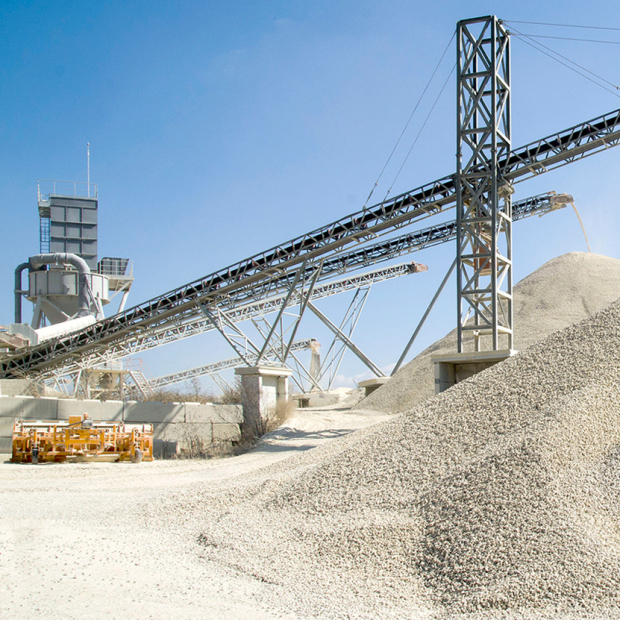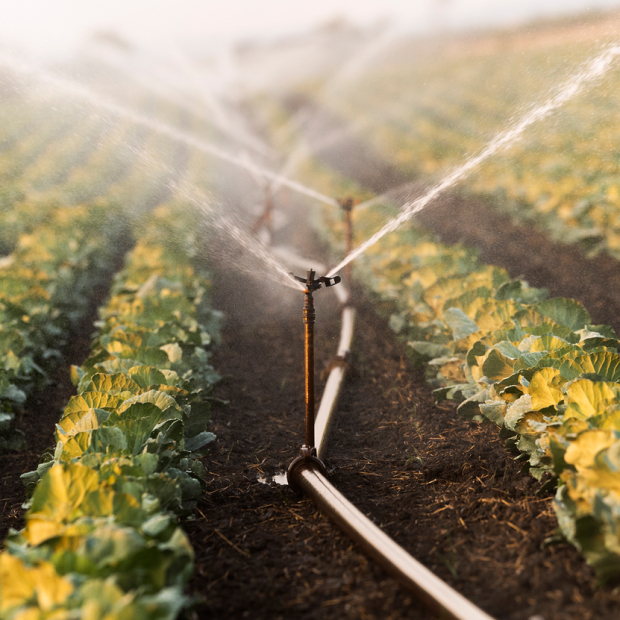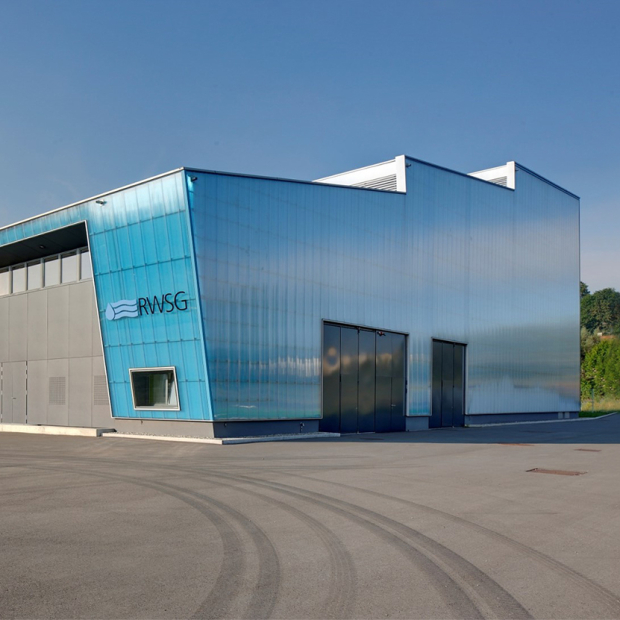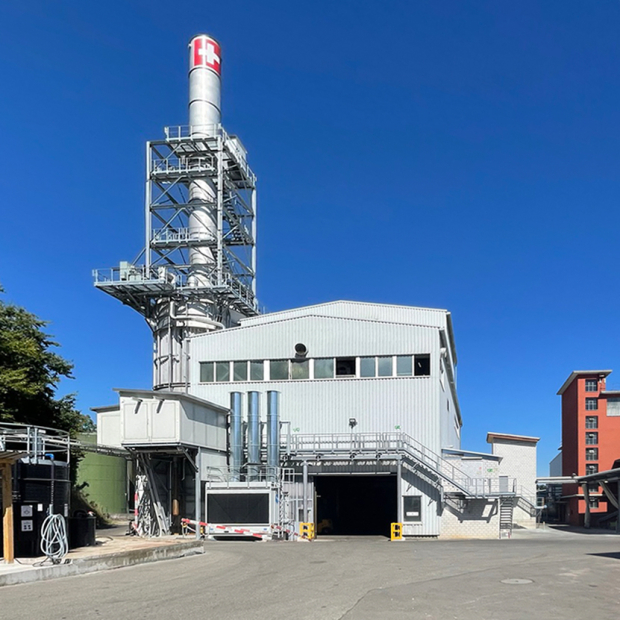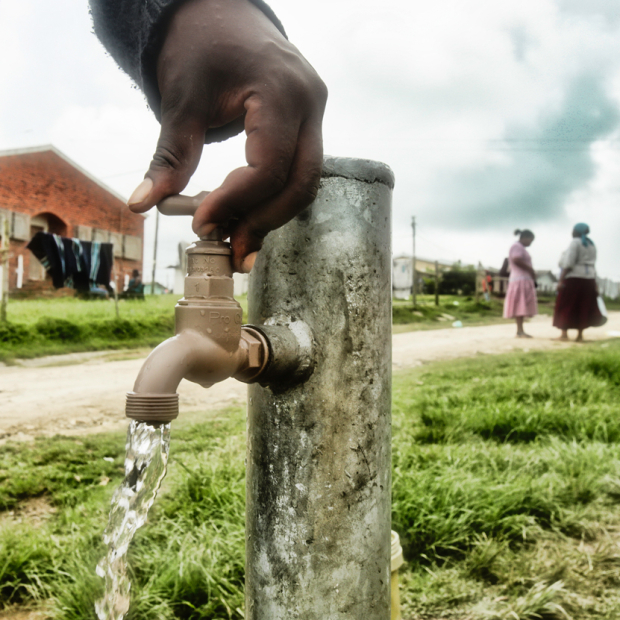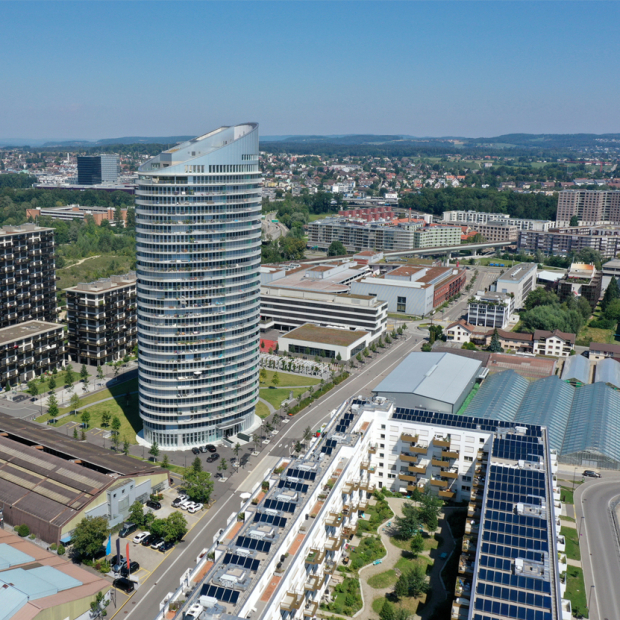
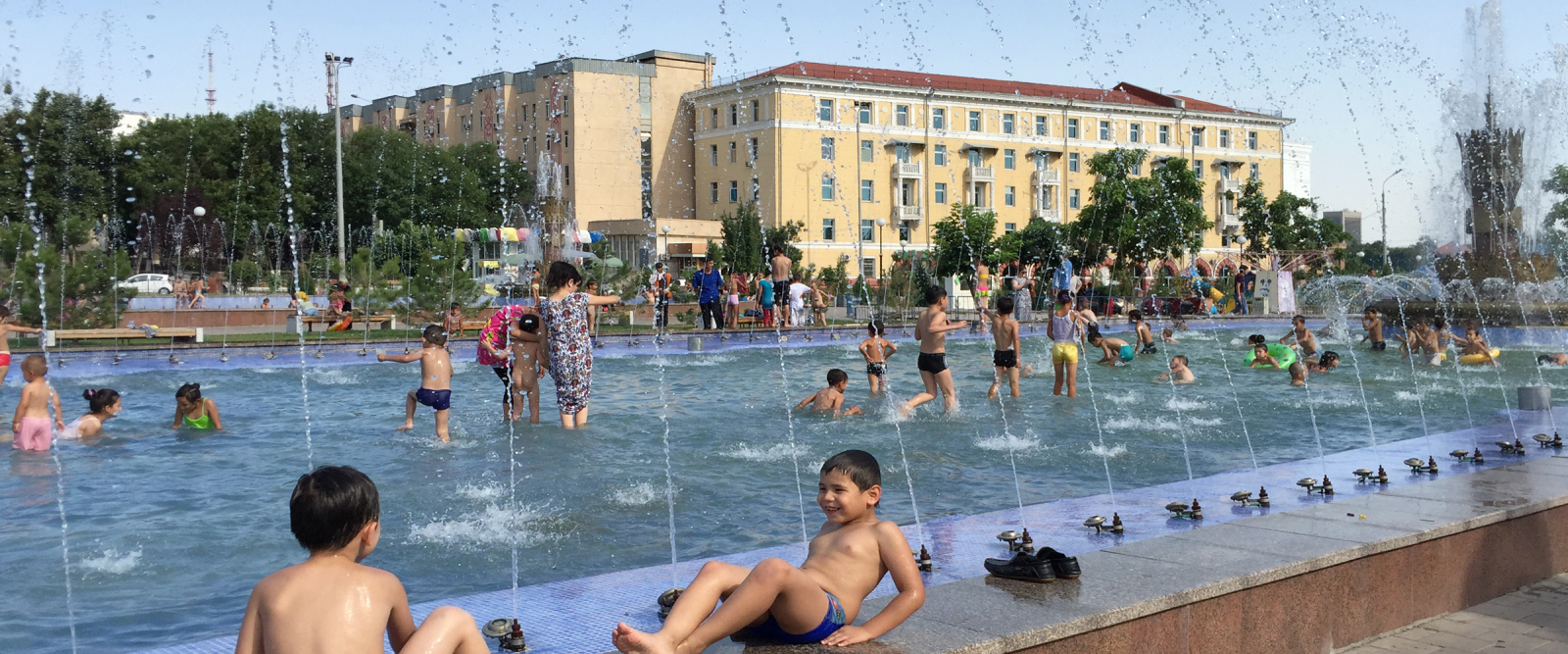
Analysis of water supply and sewerage services in Central Asia
Working on behalf of the World Bank, we analyzed the current state of water supply and sewerage services in Kazakhstan, Kyrgyzstan, Tajikistan and Uzbekistan and used the results of our analysis to draft recommendations for improvement.
Different countries with a shared past
While Kazakhstan, Kyrgyzstan, Tajikistan and Uzbekistan show some similar regulatory and organizational aspects in water resources management – a fact that reflects their shared past as parts of the Soviet Union – the countries exhibit significant demographic, topographical and climatological differences. Moreover, the countries have shown considerably different patterns of economic and social development since gaining their independence around 25 years ago.
Need for modernization in the area of water supply and sewerage
Despite the major efforts on the part of the above-mentioned countries – efforts that have been supported by international development organizations – they all remain in need of further modernization to ensure adequate access to drinking water and effective sanitation. If the goal of the United Nations for sustainable development is to be reached by the year 2030 in this sector, additional reforms will have to be implemented.
From case studies to policy options
Our analysis of water supply and sewerage in 27 cities distributed throughout the four countries, as well as interviews with various experts and a systematic evaluation of the relevant literature, have allowed us to identify a number of key factors that will need to be addressed. Using these results as a basis, we have worked out 32 specific policy options that warrant implementation, as well as corresponding implementation sequences, for each of the four Central Asian countries.
A government task going beyond the water sector
Our policy recommendations were conceived to help the governments in the four countries launch and follow through with additional reforms in the area of water supply and sewerage. Their task will involve more than making a number of regulatory and organizational decisions relating to the water sector. This is because successful change also depends on certain corresponding measures being taken in other areas, including the introduction of appropriate educational, health, social-services and government-outreach programs.
The World Bank as a partner
Our study was financed by the Central Asia Energy-Water Development Program.


